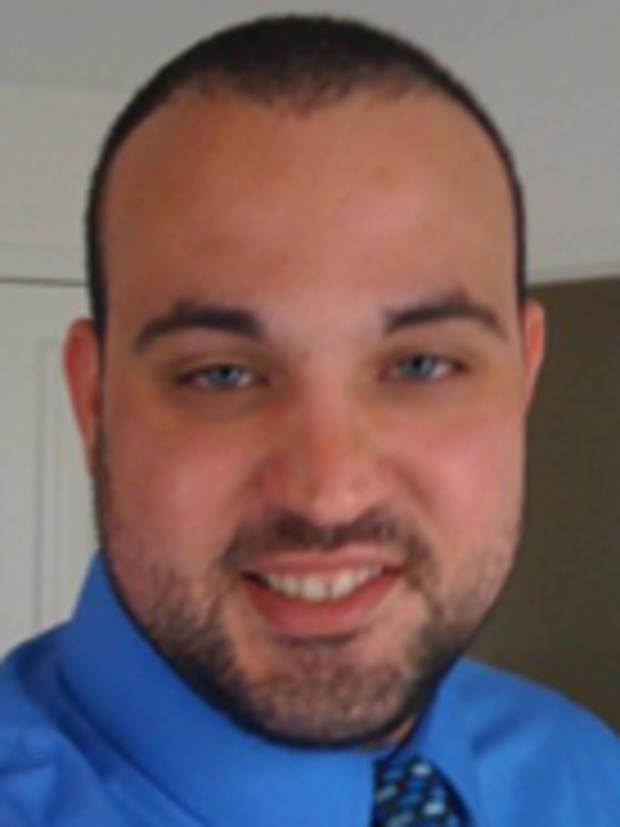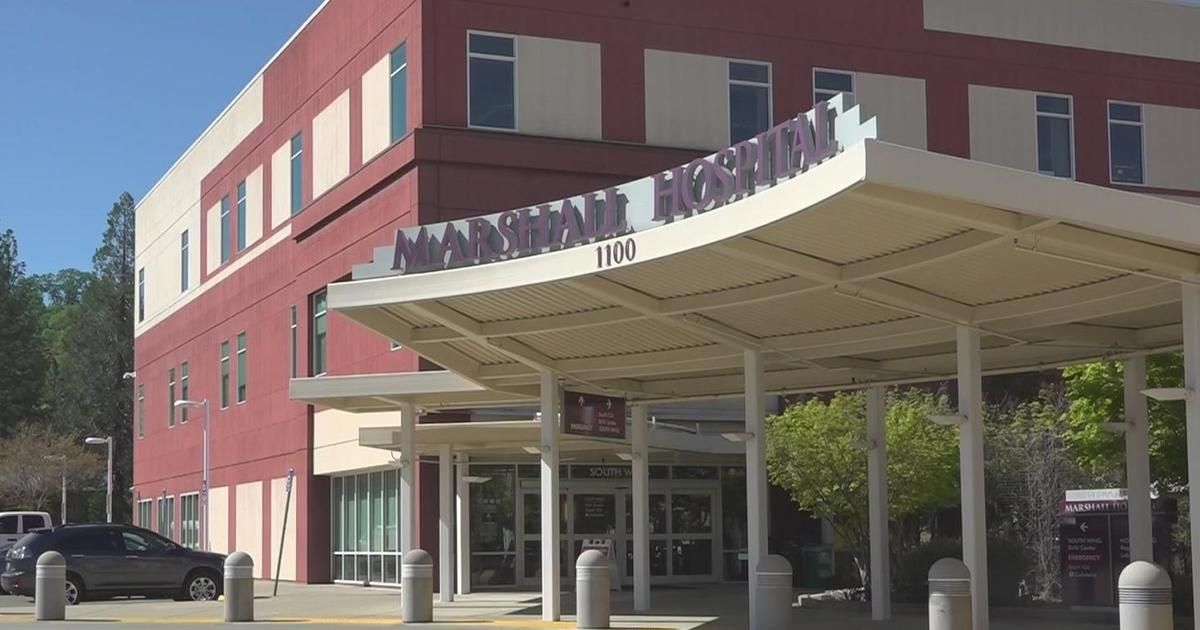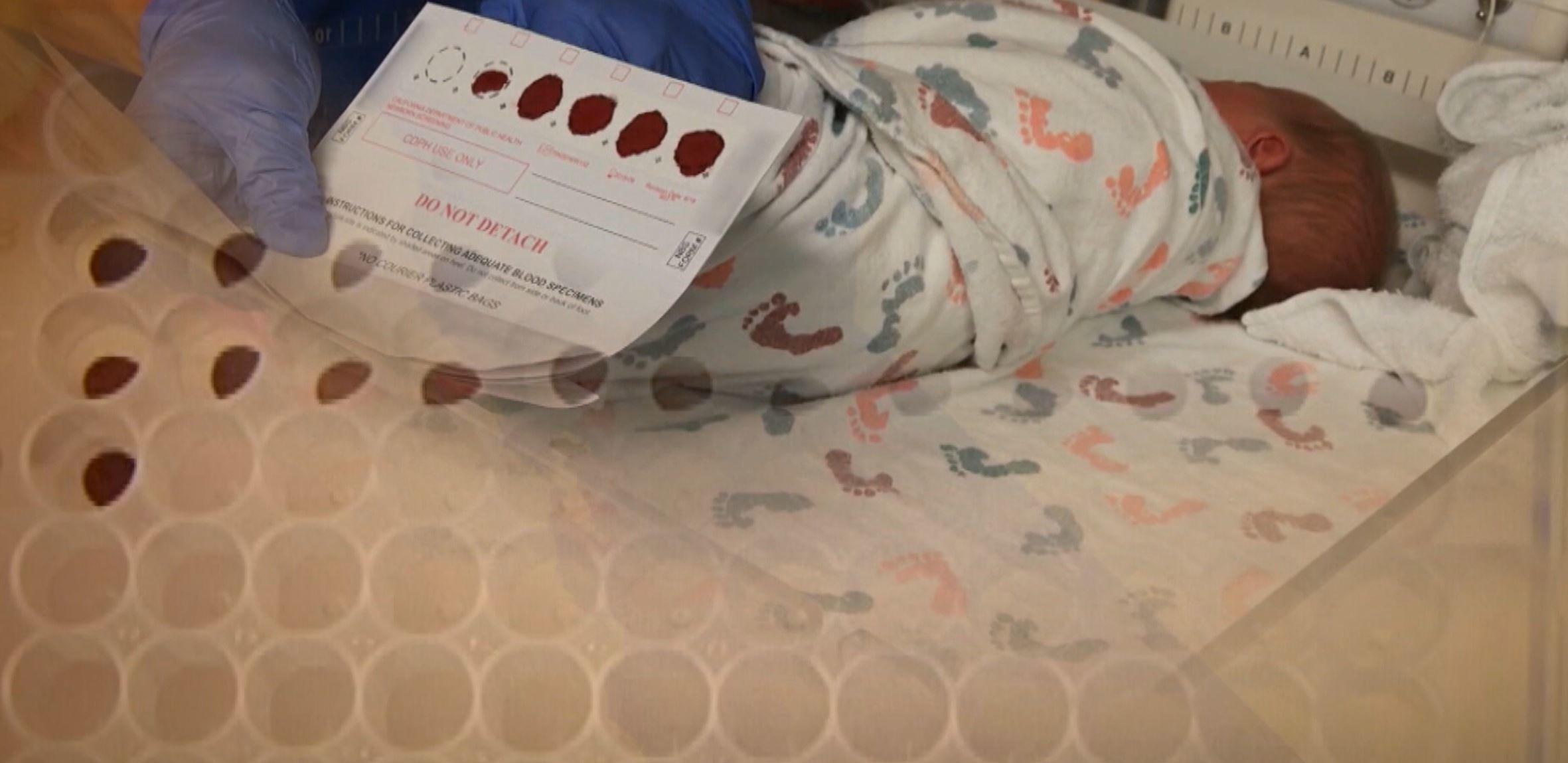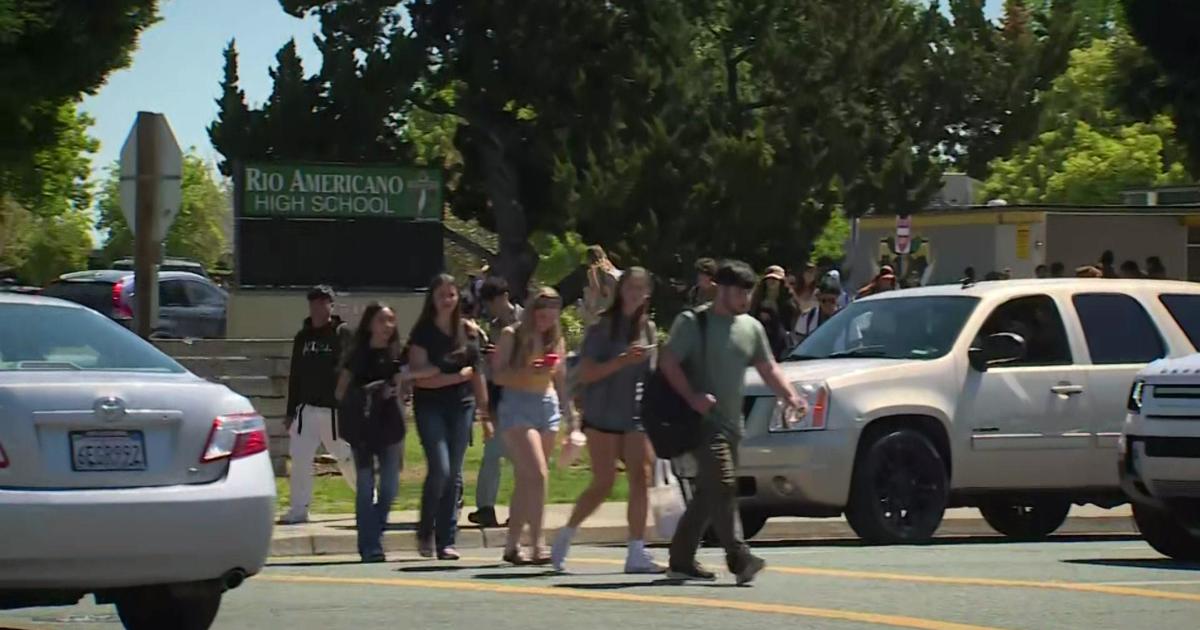Education Was Key Ingredient To Rewarding Career For Sacramento Physicist
An X-Ray procedure can be done in less than 15 minutes and, thanks to seasoned environmental health and safety professionals like Sean Jones, you can be ensured that your x-ray goes as planned and results are accurate. In addition to keeping radiology equipment up to regulation standards, Jones provides critical input to the UC Davis Medical Center as a medical health physicist with emphasis in nuclear medicine.
What does your job entail?
"My primary professional duties are to ensure that the use of X-ray equipment at my facilities are safe to both patients and staff, as well as compliant with applicable State and federal laws and standards. I primarily accomplish my charge through administrative means, and I am also responsible for the development and delivery of education and training to medical staff. An expert level of technical skill and knowledge, an eye for detail, proactive behaviors, and good communication skills are essential tools for success."
What parts of your job do you enjoy?
"I enjoy unique technical challenges, especially ones that require the development of custom software solutions and large amounts of data. For instance, I enjoy developing Monte-Carlo radiation simulations. I enjoy the design and use of radiation detectors, to include signal processing design considerations. I enjoy the freedom I have when I get to develop radiation training. I enjoy having expert knowledge on radiation, and I enjoy communicating important and useful concepts about radiation and safety to audiences."
What is your educational history?
"In the younger, difficult times of my life, I transitioned from a couple of different high schools to eventually find my way into an accelerated graduation opportunity with a non-traditional high school within a local community college. I was a good student, involved in many activities, I finished with approximately 3.5 GPA on A 4.0 scale.
At 17, I enlisted in the United States Navy, where I spent my first year in community college, acquiring mostly science credits, like math and physics. A year later, I received extensive training in various disciplines as a mechanical nuclear propulsion plant operator trainee. During that time, I was selected for commissioning as an officer, and attended school at Oregon State University for radiation health physics. Due to a medical condition, I was given an honorable discharge from the uniformed service, and then eight years later, I was found to be disabled by the Veteran's Administration, with a connection to my service.
After completing a Master of Science degree in Radiation Health Physics at Oregon State University, I left to pursue a career in diagnostic medical physics. Presently, I am a candidate for becoming a diplomat of the American Board of Radiology in diagnostic medical physics, as I have passed both sections of the part I medical physics exams."
Do you think your education has helped?
"In today's world, a university education is a requirement for the professional role I serve. All of my secondary educational background, [including] university and military education, has prepared me adequately to fill my professional role."
Paulo Acoba is a California native raised in the Bay Area and living in the Central Valley. He enjoys distance running, cycling and grassroots motorsports. He holds a degree in management from the University of California Merced. Paulo has been writing for Examiner.com since 2012 and covering the Fresno area.




